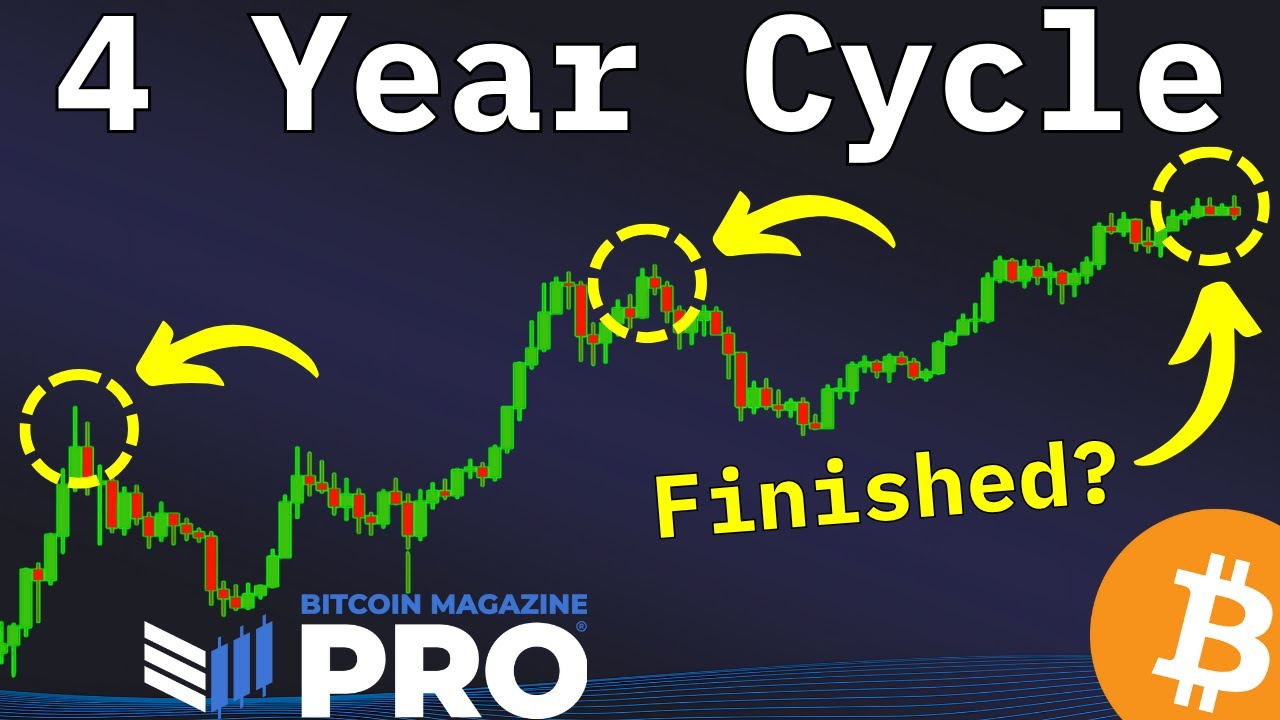
"Analyzing BTC Growth Since Cycle Lows, we can see that Bitcoin has now officially surpassed the elapsed time from cycle low to cycle high seen in previous bull markets. The 2018-2022 cycle peaked 1,059 days after its prior bear market low, and the current cycle has now moved beyond that duration. If we average the elapsed time across the last two full market cycles, Bitcoin has already exceeded the historical mean"
"Historically, Bitcoin's four-year cycle was rooted in its halving events, where the block reward, and thus the inflation rate, was cut in half. Each halving triggered a sharp supply shock, driving major bull markets. However, this cycle has behaved differently. Following the most recent halving, Bitcoin experienced five months of sideways consolidation rather than the explosive post-halving rallies seen previously. While price has since made notable gains, momentum has been weaker, leading many to ask whether the halving has lost its influence."
"With the current Circulating Supply already exceeding 95% of the 21 million ultimate total supply of Bitcoin, the marginal supply reduction may no longer be as significant. Today, miners distribute roughly 450 newly created BTC per day, an amount easily absorbed by a handful of institutional buyers or ETFs. That means the halving alone may no longer be the dominant driver of Bitcoin's market cycles."
Bitcoin has exceeded the elapsed time from cycle low to cycle high seen in recent bull markets and surpassed the mean duration of the last two full cycles. The current cycle moved beyond the 2018–2022 peak and nears the 2017 cycle length. Post-halving momentum has been weaker, with five months of sideways consolidation instead of previous explosive rallies. Circulating supply exceeds 95% of the 21 million cap and miners create roughly 450 BTC daily. Marginal supply reduction is easily absorbed by institutional buyers and ETFs, reducing the halving's standalone impact. Global M2 liquidity shifts correlate with Bitcoin performance.
Read at Bitcoin Magazine
Unable to calculate read time
Collection
[
|
...
]